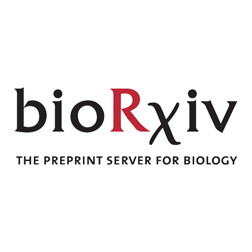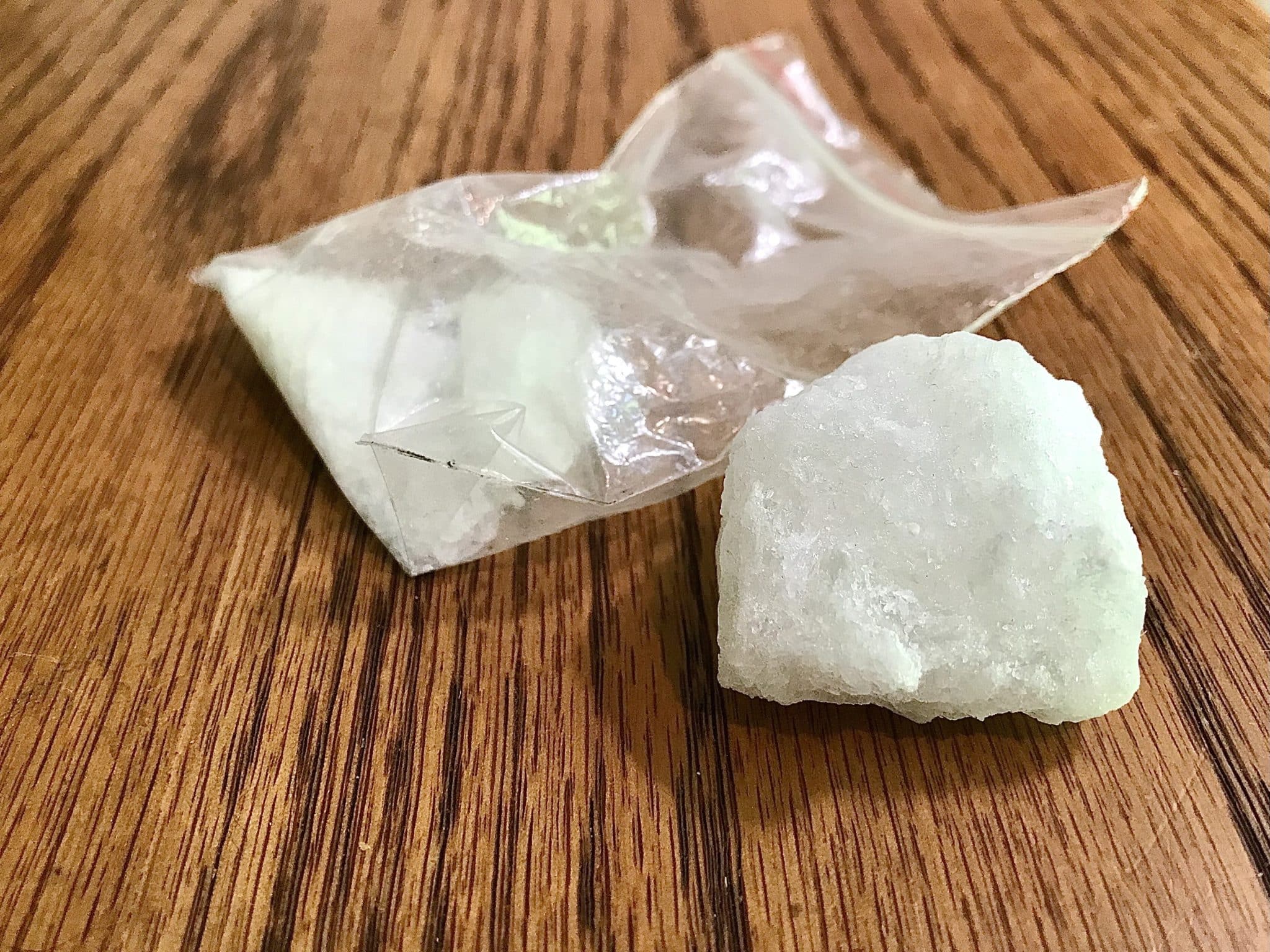The acute dosing of amphetamine has been associated with priming effects for rats previously trained to self-administer cocaine. Acute administration of dextroamphetamine into the basolateral amygdala, in combination with conditioned cue presentation, to rats trained to self-administer cocaine has been shown to potentiate reinstatement of cocaine-seeking behavior.[
11] Amphetamine infusion in the absence of conditioned cues failed to reinstate the extinguished response. The facilitation of conditioned-cue reinstatement produced by amphetamine was apparent only during the initial half hour of the test session. These results suggest that while acute administration of amphetamine may potentiate cocaine reinforcement, more chronic exposure to amphetamine does not.
Animal laboratory studies have demonstrated that sustained dextroamphetamine administration can attenuate the reinforcing effects of cocaine. Dextroamphetamine has been shown to produce dose-dependent reductions in cocaine self-administration in rats.[
12] In monkeys, oral dextroamphetamine pretreatment decreased responding for a sweetened cocaine fluid.[
13] Dextroamphetamine administered by slow intravenous infusion has been shown to decrease cocaine self-administration in rhesus monkeys in a dose-dependent manner, possibly by attenuating the reinforcing effects of cocaine.[
14,
15] Further work with monkeys has suggested that continued treatment with dextroamphetamine may be necessary to produce a sustained reduction in the reinforcing effects of cocaine.[
16] These preclinical data suggest that amphetamine administration must be of a sufficient dose and duration to affect cocaine reinforcement.
Human laboratory experiments have evaluated the effects of stimulant administration on models of cocaine self-administration. Initial studies investigated the possibility that stimulant treatment of cocaine-dependent patients would worsen cocaine craving and use. In a combination clinical trial and human lab study, Grabowski et al.[
17] found that methylphenidate did not “prime” patients to use cocaine. Methylphenidate has been shown to be safe and not associated with increased cocaine craving or stimulant–related euphoria in the human lab.[
18] Dextroamphetamine has been shown to be safe and well tolerated when co-administered with cocaine, and attenuates some of the subjective effects of cocaine.[
19] Dextroamphetamine has also been shown to alter cocaine self-administration, most likely by altering the reinforcing effects of cocaine.[
20] These human laboratory experiments support to potential utility of stimulant treatment of cocaine dependence.









